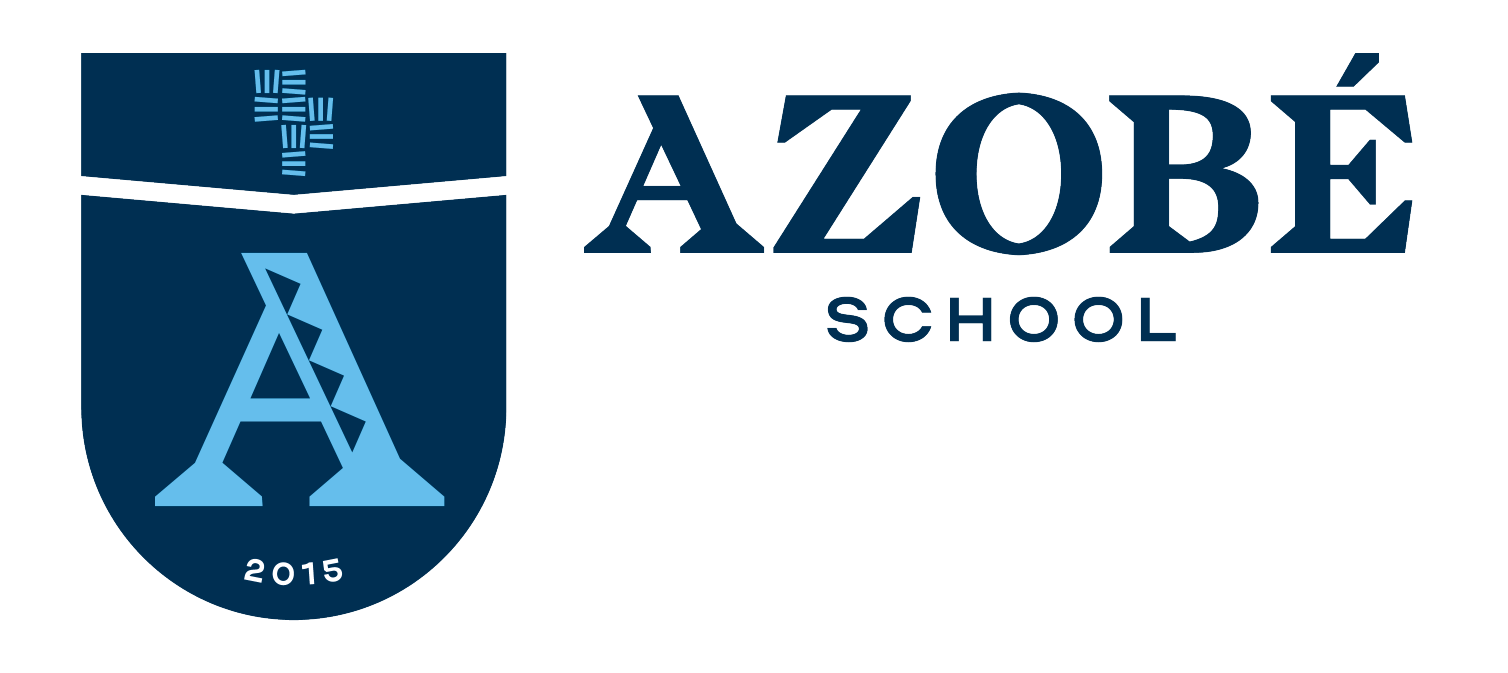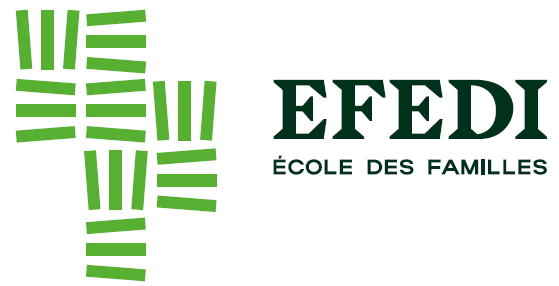Becoming educated as a parent is essential. Marvin Berkowitz, one of the world’s leading authorities on character education, once said, “School can aspire to shape character, but the family molds it from the foundation.” Indeed, while educational institutions try to cultivate virtues such as responsibility, empathy, and self-control in children, the true incubator of human character is the home. There is no serious educational project that does not consider parents as key actors in this task. But for that role to be effective, being present is not enough: parents must be educated.
18 November 2024
4 minutes de lecture

Specialized literature has recognized for decades that parental involvement is one of the most robust predictors of children’s moral, academic, and social development. Berkowitz sums it up clearly: “Character education without engaging the family is incomplete and likely ineffective” (2002). In other words, character education that excludes parents is destined for partial failure.
So, how do we achieve that involvement? And what does it mean for a parent to be “educated” in character development?
It does not mean turning parents into professional educators, but providing them with tools to understand their formative influence and act with intention and consistency. Educating character is not spontaneous: it requires clarity in values, relational skills, modeling ability, a sense of purpose, and emotional firmness.
Let’s consider two real-life trajectories that educational experience often reveals.
In the first case, we see families who have received training in positive parenting, emotional intelligence, and virtue education. Parents who know how to correct without humiliating, who encourage reflection rather than blind obedience, who practice what they preach. In these homes, emotional security is fostered, and children feel seen, heard, and gently guided. The medium- and long-term result is young people with judgment, resilience, personal responsibility, and openness to the common good.
In the second case, we find homes where parents—despite good intentions—constantly improvise, react from urgency, or reproduce educational models they never questioned. Authority fluctuates between authoritarianism and permissiveness, and the emotional climate is unpredictable. These children often develop insecurity, difficulty handling frustration, and context-dependent morality.
Both trajectories have profound consequences, not only in school but also in shaping the moral identity of children.
As Berkowitz rightly points out, character is not simply about behaving “correctly” under supervision. “Character is about moral functioning in real life.” This requires more than control: it involves internalizing principles, strengthening habits, and developing moral judgment. And that process begins at home, from the earliest experiences of relationships, emotional regulation, and sense of duty.
Therefore, educating parents is not just teaching parenting techniques. It is helping them become deliberate moral educators, capable of guiding, supporting, and accompanying their children in building a good life. And like any educator, they too must examine their convictions, correct mistakes, and grow personally in the process.
Neuroscience has confirmed that the early years of life are critical for developing the emotional and moral architecture of human beings. How a child learns to wait, listen, lose, share, and apologize leaves a mark that will shape how they relate to themselves, others, and truth.
All of this does not happen automatically. It happens when significant adults model virtues, provide clear reference frameworks, and accompany children with attentive presence.
A father who faces injustice without seeking revenge; a mother who acknowledges her mistake in front of her child and asks for forgiveness; parents who argue without losing mutual respect… they are planting something far more valuable than any moral discourse: they are shaping their children’s character through their own lives.
The quality of character education in schools depends largely on a real and ongoing partnership with families. It is not enough for parents to visit the school occasionally; they must be part of the educational project from within: through their testimony, support, willingness to learn, and consistency.
Schools that achieve the greatest impact in students’ holistic development are not those that delegate everything to the classroom, but those that constantly build bridges between what is lived at home and what is worked on at school.
This means that parents must also embrace their role as active members of the educational community, open to dialogue, present in school life, and willing to continue learning.
Educating character is forming people with conscience, will, and a sense of the good. It is the noblest—and most demanding—task there is. And it does not start at school, cannot be solved by technology, and cannot be outsourced.
It begins at home, in the parents’ gaze, in their daily gestures, in their capacity to educate themselves in order to educate.
Perhaps the next big step in raising our children is not in them, but in us: in our decision to keep growing to educate with greater depth and purpose.
Mª Asunción Rey Ballesteros
Director of Character Education Programs, Fundación Parentes
Nous sommes une école qui vise l’excellence académique, mais aussi l’excellence humaine, car une bonne personne est généralement un bon professionnel. C’est pourquoi le respect des autres, de soi-même, et du travail bien fait sont des valeurs humaines et chrétiennes que nous inculquons à nos élèves en collaboration avec leurs parents. Nous avons pour objectif ambitieux de servir la société, les familles et les étudiants.
Les écoles du Parentes International Education Network promeuvent des valeurs morales et culturelles liées au travail bien fait, au désir de s’améliorer et de se dépasser, au respect, à la promotion de la liberté et de la responsabilité personnelle. De même, des valeurs telles que la loyauté, l’honnêteté, la justice, la solidarité et la paix sont encouragées. Tout cela repose sur une vision chrétienne de la personne et du monde.
Nos portes vous sont ouvertes : nous souhaitons vous rencontrer, vous faire découvrir nos installations et vous présenter notre projet éducatif. Pour cela, remplissez le formulaire et planifiez une visite ou posez-nous toutes les questions que vous souhaitez.

